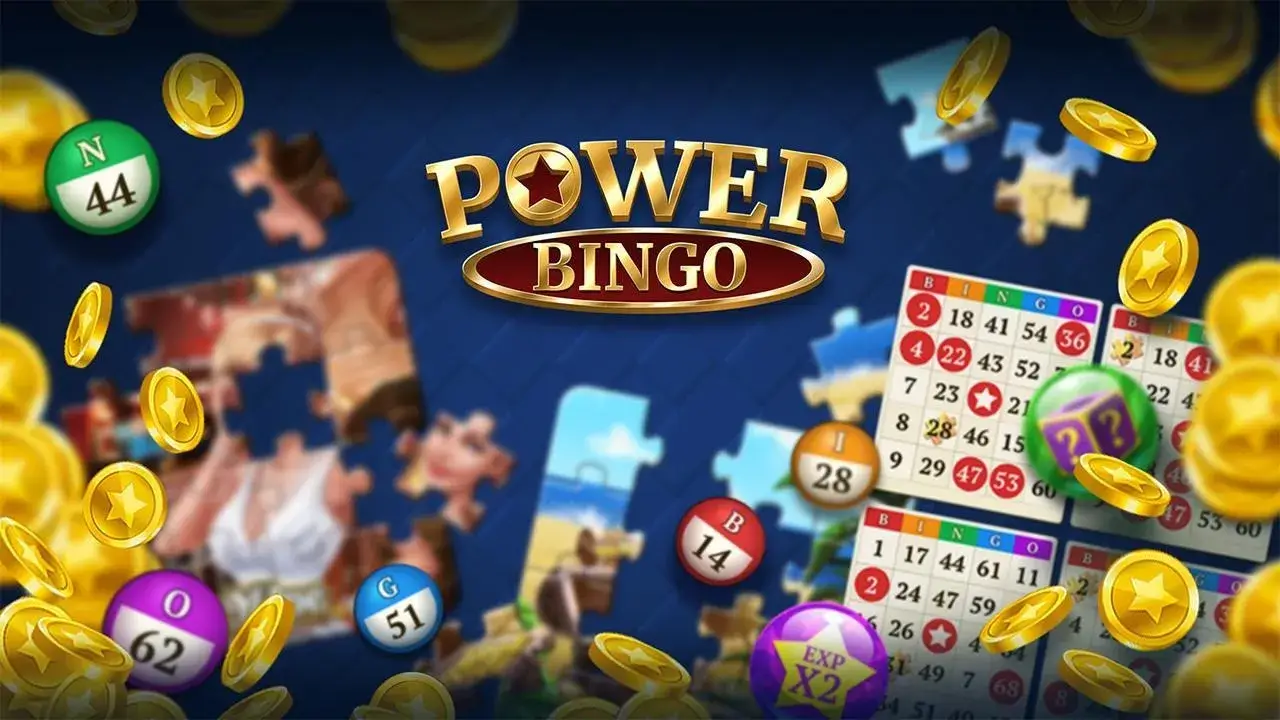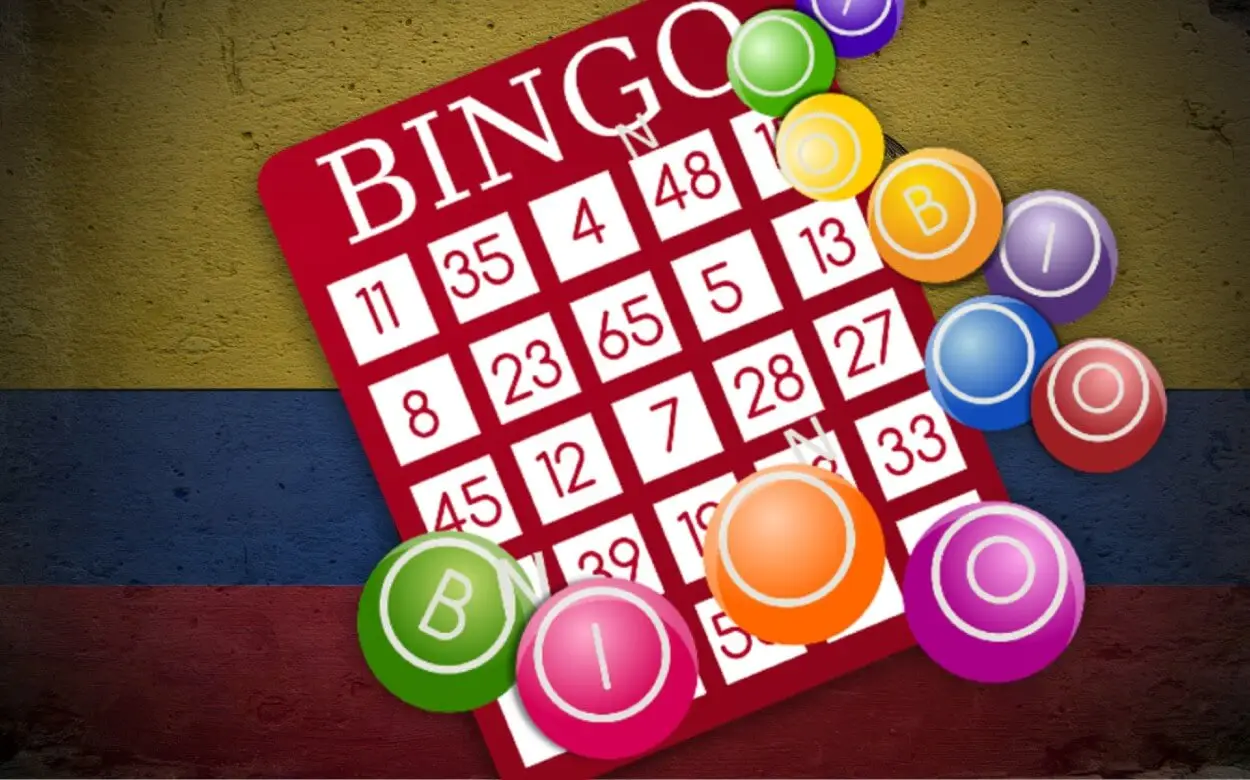Gambling has come a long way — from paper tickets in street lotteries to complex online systems where everything relies on trust in the operator. The emergence of cryptocurrency technologies has changed the rules: now any player is able to verify the fairness of the process, and the economy itself is built not around bonus promises, but around tokens with real market value. To understand how crypto casinos work, it is convenient to take a game of bingo as an example. The format demonstrates how much more transparent the generation of random numbers has become, how deeply security is embedded, and how participation conditions have changed thanks to blockchain.
Transparency of algorithms and number generation: how crypto casinos work
In traditional online casinos, number generation occurs on the server. The algorithm is hidden from the user, and the player can only trust that the system is truly random. The advent of provably fair technology has changed the approach. To understand how crypto casinos work, it is enough to look at how each number is generated in bingo. The server generates a seed, the client generates their own seed, and the result is calculated using a mathematical formula. If the numbers 7, 16, 42, and 63 were drawn, the player is able to recalculate the formula themselves and ensure that the result has not been tampered with.

The traditional system only outputs the result: a set of numbers on the card. Blockchain records every operation and leaves a transparent trail. In bingo, this is critically important because the likelihood of coincidences is low, and suspicions arise frequently. When every step is recorded in a distributed ledger, there is no room for doubt. This is how crypto casinos work — instead of trusting the operator, there is the possibility to verify the mathematics independently.
Token economy and loyalty
Another aspect that explains how crypto casinos work is related to the economy. In traditional systems, players receive bonus points that only work within the platform. They have no external value and lose meaning after leaving the platform. Cryptocurrency casinos have introduced tokens to replace this. In bingo, tokens open up several levels of interaction. Buying a ticket is done through transferring tokens to a smart contract. In case of a win, the tokens are returned to the wallet along with the profit. Additionally, tokens provide cashback: for example, for every 100 tickets played, 5 tokens are returned. Some platforms implement NFT tickets. Such an asset grants the right to participate in exclusive draws or doubles the winnings in special cases. The token economy forms a closed cycle. The player not only participates in bingo but also owns a part of the ecosystem. Money turns into an asset that can be used within the game, withdrawn to the exchange, or stored in a wallet as an investment.
Funds management and security
In traditional systems, a player’s balance is held by the operator. The company controls access, blocks accounts, and freezes withdrawals at its discretion. In a decentralized model, funds are always in the player’s wallet. In bingo, this is manifested through instant payouts. If the entire combination matches, the winnings are sent to the wallet address without delays and intermediaries. There is no administrator deciding when to transfer the money. The smart contract sends tokens automatically. This approach reduces the risk of abuse and makes hacking the system pointless. Even if a hacker attacks the platform, they will not gain access to players’ balances because the funds are distributed across multiple wallets. Instead of centralized control, a distributed structure is created, where security depends on the algorithm rather than the administrator’s decisions.
How crypto casinos work: legal frameworks and compliance
It is equally important to consider the legal aspect. Many want to understand how crypto casinos operate in terms of regulation. Unlike traditional operators who are required to provide licenses and comply with the laws of a specific country, decentralized projects often go beyond jurisdiction. In bingo, this is evident in the following way: the platform allows buying a ticket without a passport and phone, but large winnings trigger compliance mechanisms. The smart contract can temporarily freeze the payout and request confirmation through an additional protocol. Suspicious transactions are checked, wallets with abnormal activity are blocked, and withdrawal limits are regulated automatically.
Comparison with traditional online casinos
To illustrate more clearly how crypto casinos work, it is worth comparing key parameters:
-
Funds storage. In traditional casinos, the balance is controlled by the operator, in a cryptocurrency system, funds are stored in the player’s wallet.
-
Transparency. Algorithms of centralized systems are closed, in blockchain, every draw is verified.
-
Registration. A traditional operator requires documents, a decentralized platform accepts a crypto wallet.
-
Economy. Bonuses are limited by internal rules, tokens have market value.
-
Speed. Bank transfer can take days, cryptocurrency transaction lasts minutes.
In traditional settings, a player receives a ticket that loses value outside the casino. In blockchain, the ticket becomes an asset that can be exchanged, stored, or used to participate in tournaments. This is how crypto casinos work: instead of a closed system, a full-fledged economy emerges.
Practical platform verification
To confirm in practice how crypto casinos work, it is recommended to undergo a detailed audit of the chosen platform:
-
Check for the presence of provably fair.
-
Verify the smart contract address.
-
Ensure transparency of seeds.
-
Evaluate network fees.
-
Study cashback conditions.
-
Check withdrawal limits.
-
Compare affiliate programs.
-
Examine the list of providers.
-
Check access to tournaments.

-
Assess the convenience of the interface.
Conclusion
A detailed analysis shows how crypto casinos work: number generation is controlled through provably fair, the internal economy is based on tokens, security is ensured through decentralized storage, and compliance is implemented through algorithms. In bingo, a player receives a ticket that can be verified, sold, used to participate in tournaments, or kept as an NFT. The difference from traditional methods lies in the fact that trust is built not through operator promises, but through technology.
 en
en  ru
ru  de
de  ar
ar  es
es  nl
nl  hi
hi  fr
fr  it
it  pt
pt  el
el 











